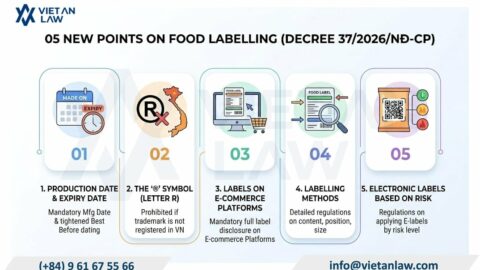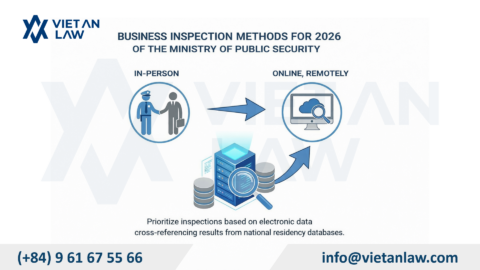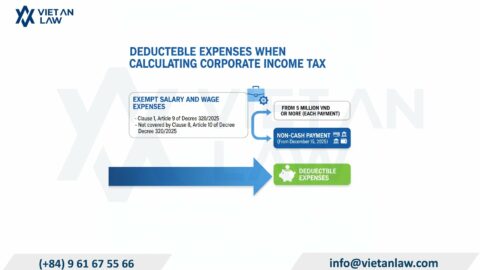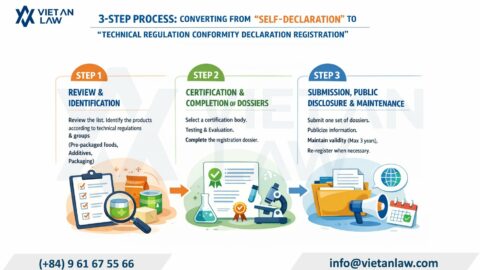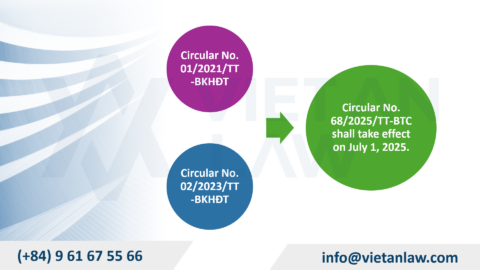In the context of the strong digital transformation of the current 4.0 revolution, numerous financial technology solutions (Fintech solutions) have emerged, including credit scoring, data sharing via open application programming interfaces (Open APIs), and peer-to-peer lending (P2P Lending). One of the important solutions being applied by many countries and organizations is data sharing via open application programming interface (Open API). What is open API Data sharing in Vietnam? Viet An Law will find out with clients in the article below.
Table of contents
API stands for Application Programming Interface, which means an application programming interface. This is an interface that allows communication between software applications within an organization or between organizations (according to Clause 1, Article 3 of Circular 64/2024/TT-NHNN).
Pursuant to Clause 2, Article 3 of Circular 64/2024/TT-NHNN:
“Open API (open application programming interface in the banking industry) is a set of APIs provided by the Bank to third parties to directly connect and process data to provide services to customers. Open API includes: Basic Open API and other Open APIs.”
At the same time, Clause 5, Article 3 of Decree 94/2025/ND-CP also stipulates:
“Open Application Programming Interface (Open API) is a set of standardized APIs that can be used by computer systems of many credit institutions, foreign bank branches, Fintech companies, and other third parties to send service requests to the system of credit institutions and foreign bank branches sharing that Open API.”
Thus, it can be understood that an Open API (Application Programming Interface) is a standard or protocol that enables different applications and systems to interact and communicate with each other effectively. The Open API is designed to allow third parties to access and integrate with the system without needing to understand the internal installation details.
Open API Data sharing is one of the financial technology solutions (abbreviated as Fintech solutions) participating in controlled testing in the banking sector for the implementation of new products, services, and business models through the application of technology solutions according to Point b, Clause 2, Article 1 of Decree 94/2025/ND-CP.
Thus, it can be understood: Open API Data sharing (Open API) is one of the Fintech financial technology solutions, allowing different systems and software to access and use each other’s data or services through a set of standardized APIs, which can be used by computer systems of many credit institutions, foreign bank branches, Fintech companies and other third parties to send service requests to the credit institution system, foreign bank branch sharing that Open API.
Open APIs bring many important benefits to developers and businesses, including:
However, Open API is a new field in both technical and legal aspects, not only in Vietnam but also in the world. The challenges and difficulties in implementing Open API are not only technological issues but also changes in perception and changes in the legal framework.
Based on Article 6 of Circular 64/2024/TT-NHNN, the basic Open API list is organized into the following groups:
Open API to query information on exchange rates and interest rates of banks includes:
Open API to query customer information includes:
Open API for initiating payments, depositing money into e-wallets, and withdrawing money from e-wallets includes:
According to Article 8 and Article 9 of Circular 64/2024/TT-NHNN, the Bank must sign a contract with a third party on the implementation of Open API. Before officially connecting and processing data with a third party, the Bank must publicize Open API information on the Bank’s official website, including at least the following contents:
Open API Data sharing is one of the financial technology solutions participating in the controlled pilot regime in the banking sector, according to Decree 94/2025/ND-CP, specifically as follows:
To participate in the testing mechanism, it is necessary to apply for a Certificate of Participation in the Testing Mechanism.
Conditions: Conditions of the Open API solution and conditions of organizations participating in the testing mechanism according to Article 8 of Decree 94/2025/ND-CP.
Application for participation in the pilot mechanism: according to Article 9 of Decree 94/2025/ND-CP.
Procedures for registration to participate in the pilot mechanism:
Above is advice on: what is open API Data sharing in Vietnam? If clients have any related questions or need legal advice on financial technology (Fintech) solutions and P2P Lending, please contact Viet An Law for the best advice and support!
